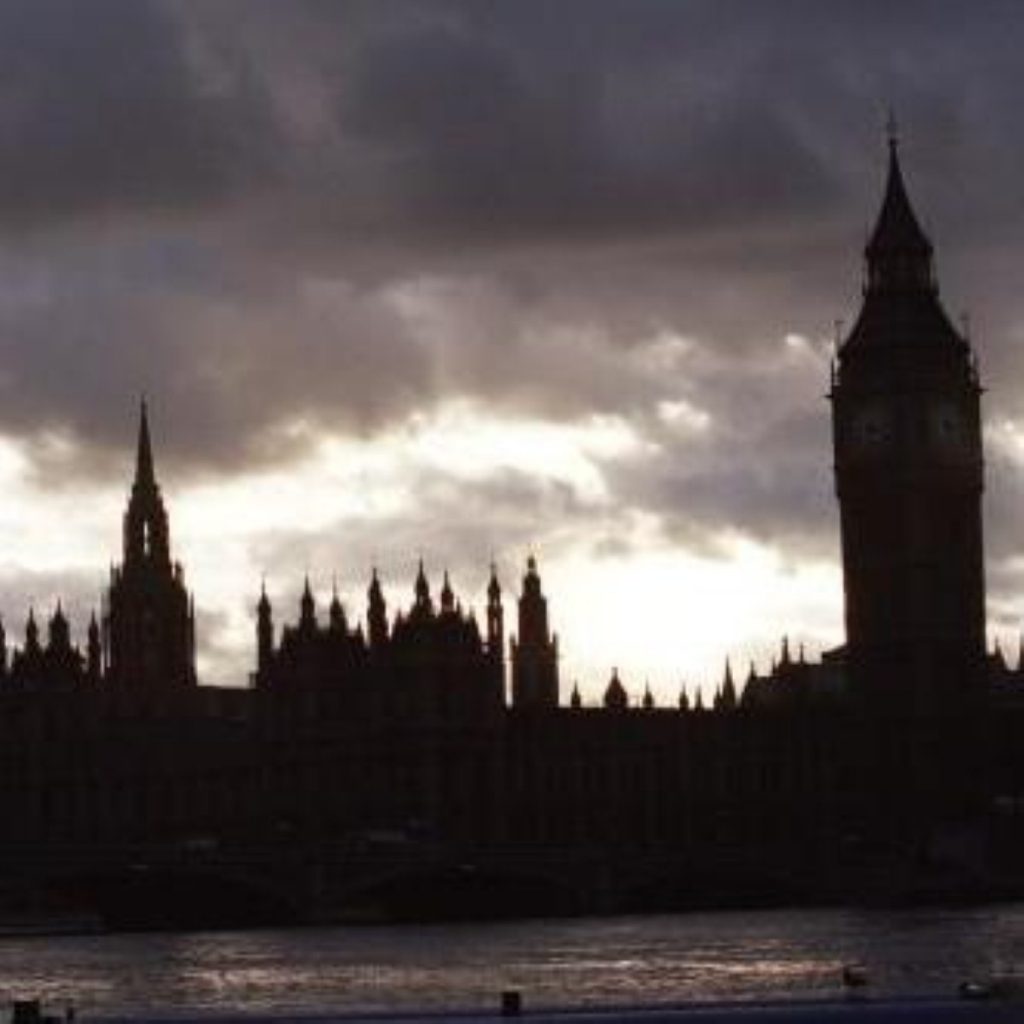Peers vote for appointed House of Lords
Peers have voted overwhelming for a wholly appointed House of Lords in defiance of the House of Commons.
After two days of debate the Lords voted by 361 votes to 121 for a fully appointed second chamber, leaving MPs contemplating a daunting majority of 240 and the prospect of parliamentary gridlock.
The House of Commons will now need to reach a compromise solution or force the government to contemplate using the Parliament Acts to push through reform.
Last week MPs voted for a wholly elected House of Lords, with a majority also backing a chamber split between 80 per cent elected peers and 20 per cent appointed.


It had, however, been questioned whether some MPs voting for 100 per cent elected had been trying to block reforms by choosing a proposal the Lords were likely to reject.
It is thought the Church of England bishops and non-party cross benchers were among those opposed to the prospect of standing for election.
Leader of the House of Commons Jack Straw, who has been overseeing reforms, pushed for a 50:50 split between elected and appointed peers, but this option has now been rejected by both houses.
Mr Straw could force through reforms using the Parliament Acts, but this would be time consuming and controversial.
The Act, which prevents the Lords vetoing a bill, has only been used in its present form four times, most recently in 2004 to force through the hunting ban.












